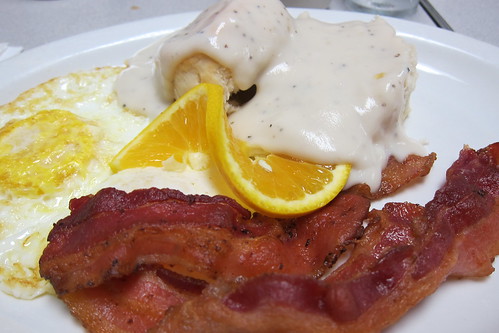Heavy cream every morning? Daily doses of bacon, hot dogs and full-fat Greek yogurt? A diet comprised of 90% fat? Though it may sound like a glutton’s dream, the ketogenic diet is a rigorous regimen that requires absolute adherence. Food ratios are so precise, ingredients are measured down to the 10th of a gram. No cheating — ever. The upside: keto has shown promise in treating certain strains of drug-resistant epilepsy.
In a recent story in the Sunday New York Times, writer Fred Vogelstein recounts how keto helped control his son, Sam’s, debilitating epilepsy after medicines had failed.
Sam suffers from petit mal seizures (a.k.a absence seizures).
“Instead of falling down and twitching for minutes, Sam loses consciousness for short 5-to-20-second bursts… Sam’s seizures are more like hitting the pause button on a DVD. He stops and stares vacantly. His jaw slackens. And his head and torso lean forward slightly, bobbing rhythmically. Then it’s over, as if it had never happened.”
The Vogelsteins had tried 11 seizure drugs. Nothing worked. “Every day, seven days a week, during the 13 hours he was awake, he would have between 100 and 130 seizures,” writes his father. Desperate to help Sam, the Vogelsteins, in conjunction with various doctors, developed a ketogenic diet for Sam.
Though it sounded (and to many people still sounds) like a gimcrack diet plan cooked up by some high-fat huckster, the effects of high-fat diets on pediatric epilepsy have been known for years. In fact, keto was widely used as a medical treatment for epilepsy in the 1920s and 1930s. When Dilantin was first used as an anti-epileptic drug in 1938, the diet was largely forgotten. In the past decade, science has rediscovered it, and for patients like Sam, it has been nothing short of a miracle.
To be sure, there are downsides to the ketogenic diet. There’s absolute commitment. Sam must finish every bite of every precisely calibrated meal. (Vogelstein’s wife, Evelyn, quit her job so she’d have more time to take care of Sam’s dietary needs.) The diet doesn’t work for all patients or all types of epilepsy. Also, Same must take vitamins and supplements every day or “his growth would be stunted, his hair and teeth would fall out and his bones would become as brittle as an 80-year-old’s.”
Even so, the high-fat diet is promising not just for epileptics but for the broader notion that food can be used as medicine.

High Fat Diets to Treat Epilepsy – Toque: Though it sounded (and to many people still sounds) like a gimcrack di… http://bit.ly/fuGnQw